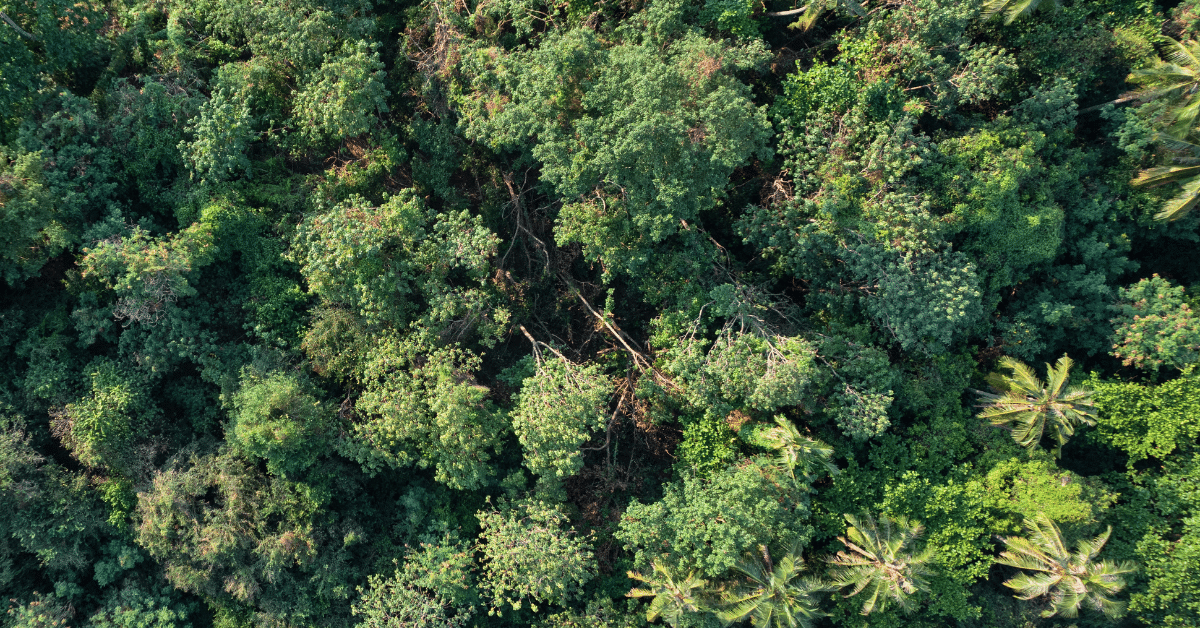
Rewilding, Wildlife Crossings, and Conservation Planning
Join renowned conservation biologist Dr. Reed Noss—a leading voice in rewilding, conservation planning, and ecology—for a special interview hosted by Wild Virginia, an organization dedicated to protecting and connecting Virginia’s wild lands and waters.
Dr. Reed F. Noss is one of the most influential voices in modern conservation. Born in 1952, Noss has dedicated more than four decades to studying ecosystems, protecting biodiversity, and shaping how we think about large-scale conservation. He has served as President and Chief Scientist of the Florida Institute for Conservation Science, Chief Science Advisor to the Southeastern Grasslands Initiative and Endangered Ecosystems Alliance, and was Editor-in-Chief of Conservation Biology, the field’s flagship journal. Over his career, he has authored over 300 scientific papers and at least eight books, making him both a prolific scholar and an inspiring advocate for the natural world.
Core Contributions to Ecology
Reed Noss’s research has spanned a wide range of critical ecological topics, including:
- Disturbance and Fire Ecology: How natural processes like fire maintain healthy ecosystems.
- Road Ecology: Understanding the ecological impacts of human infrastructure.
- Climate Adaptation: Helping species and habitats cope with shifting climates.
- Biodiversity Corridors: Planning networks that connect fragmented habitats so wildlife can thrive.
The Power of Rewilding
Perhaps Reed Noss’s most enduring legacy lies in advancing the idea of rewilding. In 1998, alongside Michael Soulé, Noss published the influential paper “Rewilding and Biodiversity: Complementary Goals for Continental Conservation.” This work introduced what became known as the “3 Cs” of rewilding:
- Cores – Protecting large, intact wilderness areas.
- Corridors – Connecting these areas so species can move and adapt.
- Carnivores – Restoring apex predators that regulate ecosystems and maintain balance.
This framework has since become a guiding principle for conservation organizations worldwide. Rewilding isn’t just about protecting wildlife—it’s about restoring ecological processes so that landscapes can function as self-sustaining systems once again.
A Voice for Forgotten Ecosystems
Beyond global conservation theory, Noss has been a passionate advocate for overlooked ecosystems, particularly the grasslands of the southeastern U.S. His book Forgotten Grasslands of the South highlights the beauty, complexity, and urgent need to protect these undervalued landscapes. His work reminds us that conservation isn’t only about charismatic wildlife but also about the habitats and processes that sustain all life.
At a time of climate crisis, mass extinctions, and ecological fragmentation, Noss’s vision of rewilding offers both hope and a roadmap forward. His research and advocacy show us that by protecting core wild areas, reconnecting fragmented habitats, and restoring missing species, we can reverse ecological decline and build resilient landscapes—for wildlife and for people.
Dr. Reed Noss stands as a bridge between science and action, offering both rigorous ecological research and a bold vision of rewilding. His work challenges us to think big: to see beyond parks and reserves, and instead imagine whole landscapes reconnected, revitalized, and alive.
In celebrating Reed Noss’s life’s work, we also celebrate the enduring idea that nature, when given the chance, can heal itself—and in turn, heal us.
In this discussion, Dr. Noss explores: The science and practice of rewilding, including the “cores – corridors – carnivores” framework, approaches to regional conservation planning and conservation biology, insights into the challenges and opportunities of restoring natural processes, and Wild Virginia’s efforts in habitat connectivity, clean water protection, and public engagement.